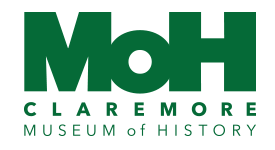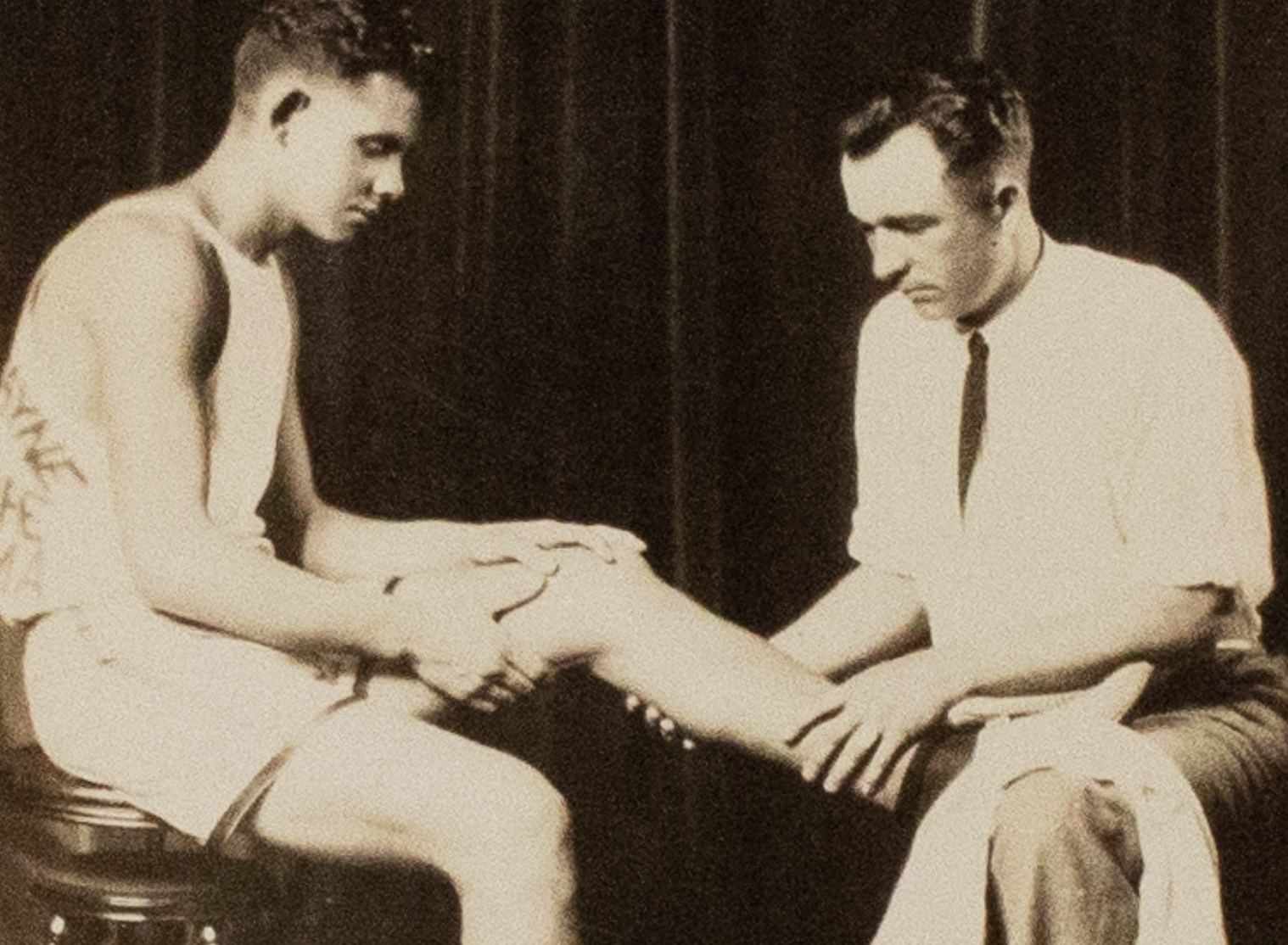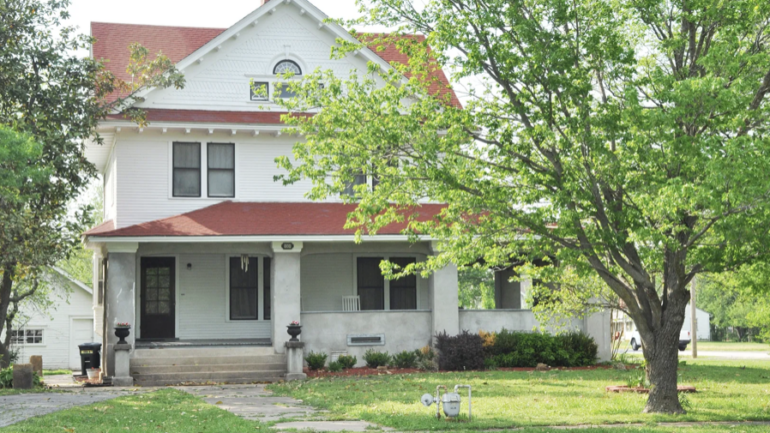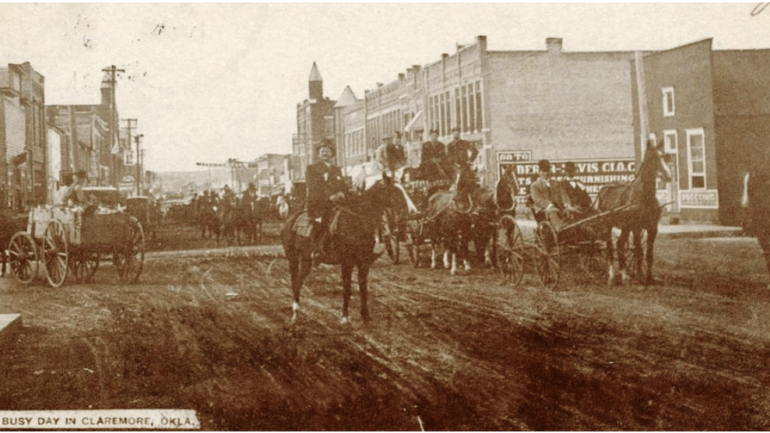Andrew Hartley Payne was born in Foyil, Oklahoma on November 17, 1907. Andy was a member of the Cherokee Nation and graduated from Foyil High School in 1927. Andy had no interest in becoming a farmer like his father, his primary interest was school. Every day he would run to the schoolhouse after finishing his chores. He often arrived before his siblings who rode horseback across the fields to school.
In 1928 Andy joined the “C. C. Pyle’s International Transcontinental Footrace” which was a 3,423.3 mile endurance contest from California to New York. Dubbed the “Bunion Derby” by the press, the race was the brainchild of sports promoter Charles C. Pyle. Andy won the eighty-four-day competition.
An international field of 199 “Bunioneers” started from Los Angeles’s Ascott Speedway on March 4, 1928. Following Route 66 to Chicago, Payne led the field into Chelsea, Oklahoma, the event’s midway point. Running an improvised course between Chicago and New York, the athletes once logged 74.6 miles in a day. Such exertion took its toll, and only fifty-five contestants finished the race at New York City’s Madison Square Garden on May 26, 1928. Averaging roughly six miles an hour, Andy Payne crossed thirteen states in an elapsed time of 573 hours, 4 minutes, and 34 seconds.
The grand prize for winning first place was $25,000. When Andy returned to Oklahoma, he paid off the mortgage on his family’s farm and built his parents a new home. He bought some land of his own and a Ford sedan. Looking for an occupation that would allow him to use his fame as a runner, Payne decided on theater. He learned to rope and billed himself as a “Dancing Cowboy from Oklahoma.” That didn’t work out for the audiences in California. Andy found work as a reporter in Arkansas for the Fayetteville Leader. In addition, he also did some sales work and did work in the oil field. Andy moved back to Oklahoma and became clerk of the Oklahoma State Supreme Court. Being re-elected five-times, he served from January 1935 through December 1972.
After Andy turned 40, he went to law school during the evenings at Oklahoma City University. His interest lay in land acquisition with an eye towards oil production. He had held onto the land he had bought with his winnings and continued to buy. He studied geology to help make his land purchases. Eventually, this paid off for him with discovery of coal, gas and oil on his properties. Although a wealthy man, Payne continued his job as clerk of the Oklahoma Supreme Court until he retired in 1973. By this time, he owned over 1,000 acres of land in 17 counties in Oklahoma. On December 3, 1977, Andy passed away leaving his family a small fortune and a large legend. In 1981 Oklahoma Governor George Nigh declared June 6 the “Andy Payne Memorial Day.”




